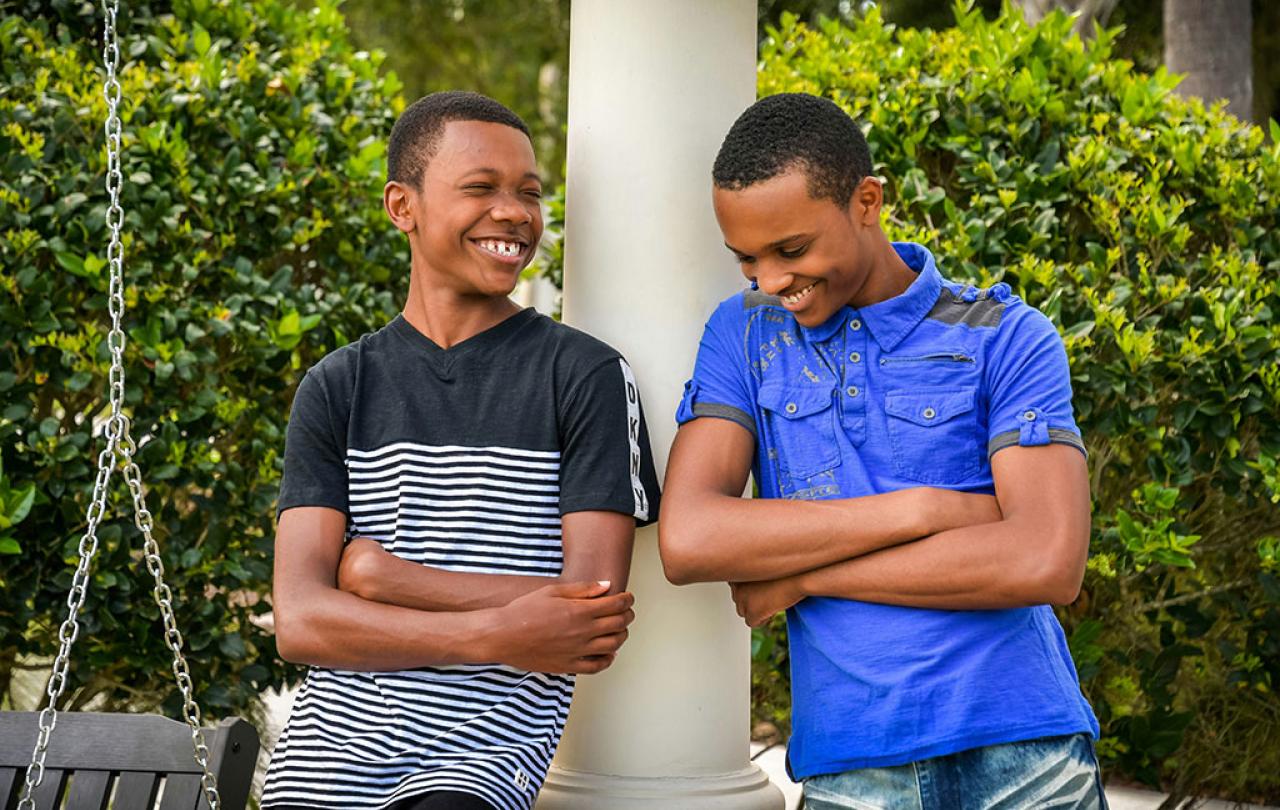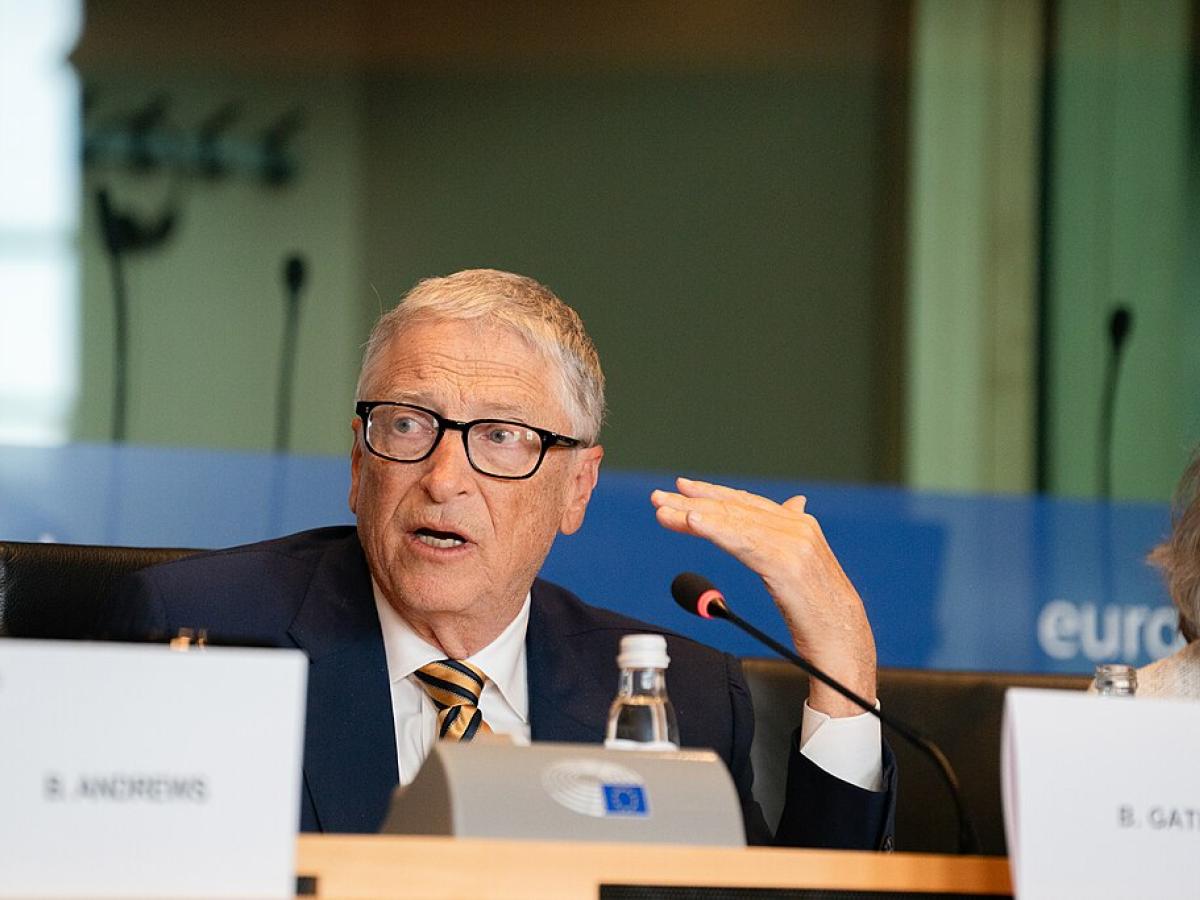
Thursday 17th December 2020 - a day I won’t forget.
Christmas 2020 was already proving to be a little strange. The UK was in this weird place of tiered restrictions, a sort of semi-lockdown approach. In London and the southeast, we had a bit more flexibility than folks in the north of the country, but people were not really out and about. Most people were saving their interactions for Christmas Day, so the streets were mostly quiet.
Like virtually everyone working in the financial services, I was working from home. The night before, my older brother had left the house after an argument and not come home. My younger brother and sister were concerned about his whereabouts. His phone kept going to voicemail. They were worried. There wasn’t much to do or anyone to see because everyone was regulating their behaviour and saving themselves for Christmas. I, on the other hand, was more nonchalant about his ‘disappearance’. My view was that he was an adult and had a habit of doing ‘immature things’ to get our attention. I thought, ‘He would come back home when he needed to.’ Little did I know how wrong I would be.
At about 4:50pm, as I was winding up and about to log off at work, I saw a police car in our street. My room is on the second floor of our house and my desk is positioned so that I can look directly out of the window onto the street in front of our house. The police car stopped in front of our house. The officers got out and opened our gate. I remember I went downstairs and said, ‘The police are here.’, just before the doorbell rang. I was slightly annoyed, I remember thinking, ‘What silly thing has my brother done now?’
My Mum invited them in. But they wouldn’t speak to her. They were looking for my sister. This seemed really weird at the time. Mum kept asking them what they wanted. But they wouldn’t reply. They just kept saying that they needed to speak to my sister. They wouldn’t speak to my sister in front of all the family, so they led my sister outside into the garden. It was dark outside. We couldn’t hear what they were saying because the back door was shut but we could see my sister’s reaction. She was deeply distressed. My Mum was beginning to get upset too, because she could see my sister through the window. They came back into the house. The police remained silent. It was just strange. My sister kept saying that we all needed to sit down in the living room. Mum kept asking the police what was going on but they remained silent. My younger brother and I were also frustrated and wanted to know. ‘Just tell us what is happening’, I remember saying. But my sister kept saying that we needed to sit down and go to the living room.
We finally all sat down and then one of the officers began to speak. I don’t remember his exact words but it was something to the effect of ‘A body was found this morning at Brighton Pier. From the belongings found on the body, we have identified that it is the body of your brother.’
At this point, I don’t think any of us really understood what he was saying. Someone must have asked, ‘Does that mean he is dead? Are you saying he is dead?’ ‘Yes.’, was the response. ‘How did he die?’, was the next question. Again, more weirdness. It seemed that they didn’t really want to use the word suicide, but that’s what it was. We kept asking for more details. What time? How did it happen? Was there anyone with him? But nothing was forthcoming. It all felt like a cover-up. And then it was over. They left and it was just us left to process it. It all seemed so surreal.
That evening is all a bit of a blur. I am quite a practical person - I knew I was leading a bible study meeting that evening. So, I messaged, the pastor in charge to say I wouldn’t be able to lead it that night. After that, the next feeling, I remember is annoyance towards my brother. I felt it was selfish on so many different levels. Why did he have to do this? How does it solve anything? Why is he always looking for attention? Why would anyone do something like this just before Christmas? I remember feeling he had destroyed Christmas for us forever. Why didn’t he just say something to us? We had just started playing tennis on weekday mornings before I logged into work, why didn’t he mention he was upset then? My younger brother and sister were deeply disturbed and didn’t know what to say or do. Both were blaming themselves. Mum was totally shocked. I kept thinking and saying that he didn’t mean to do it. It was just a mistake that he couldn’t undo. If we weren’t in this quasi-lockdown situation, maybe someone would have noticed him in the water sooner and he would have been rescued? Maybe someone would have been walking along the Pier that night, seen him in the water, jumped in and pulled him out? We didn’t need a hero, maybe someone would have seen him in the water and just called 999? Maybe someone would have noticed him pacing up and down, and tried to speak to him before he went over the edge?
The run-up to Christmas that year was extremely difficult. The government announced a full lockdown again and my family had to travel to the morgue in Brighton to formally identify my brother. I chose not to go with them, I felt at the time, that I wasn’t ready to see my brother’s body. We also had a tree in our garden whose roots had ruptured the sewer pipe, causing our bathroom to flood. It was all one big mess.
I am in charge of the Christmas shopping operation in our house. Christmas is my favourite time of the year. I love the carols, the weather, the darkness, the cosiness, the services at church, the Christmas TV schedule, the food and the opportunity to rest, pause and reflect. I love everything about Christmas. But now it felt weird celebrating Christmas. The delivery came. On Christmas day, I cooked, my sister baked. But it was all just so sad. We sat in silence through a lot of it just eating. Sometimes we spoke about the days leading up to my brother’s death. At different points throughout the day, one or all of us would be struggling to hold back our tears or silently sob. That period was one of the most difficult periods of my life.
I do not have to be in a state of constant mourning throughout the Christmas period. Neither do I need to pretend or ignore that I haven’t experienced death at Christmas.
Three years later, Christmas is still my favourite time of the year. Why? Despite everything, I still believe in the hope that came into the world at Christmas through Jesus Christ. It is that hope that helped me pull through that time. I held on to the comforting words I found in the Bible. I found people who supported me and worked through my grief on the Bereavement Journey. On this course, I discovered that it was okay to be angry, guilty, disappointed and sad about death. It was all part of the process. It was okay to grieve differently from my siblings and my Mum. I didn’t have to force them to feel like me, nor make myself feel like they did. As we began to piece together my brother’s final days, I slowly understood that he had his own mental struggles and sadly was unable to find the help he needed.
I learnt that grief involves the whole person – the body, soul and mind. I understood why I sometimes felt exhausted and at other times I was wide awake. It all made sense when I suddenly felt sad on my way home from my first time at Wimbledon. The body has a weird way of remembering things even when you think you are okay mentally, so I wasn’t surprised when I got a severe migraine exactly three years to the day that my brother didn’t come home. My faith does not mean that I understand everything about my experience neither does it mean that I can’t lament, question or be unhappy about the way things unfolded.
For me, Christmas is still a time to celebrate the birth of Jesus Christ, the birth of Hope. But it is also a time of solemnity, even of grief. As the years go by, this will get easier but probably won’t go away. The two feelings are not mutually exclusive. I do not have to be in a state of constant mourning throughout the Christmas period. Neither do I need to pretend or ignore that I haven’t experienced death at Christmas. Rather, the most honest thing I can do is to acknowledge both feelings and take each day as it comes.






